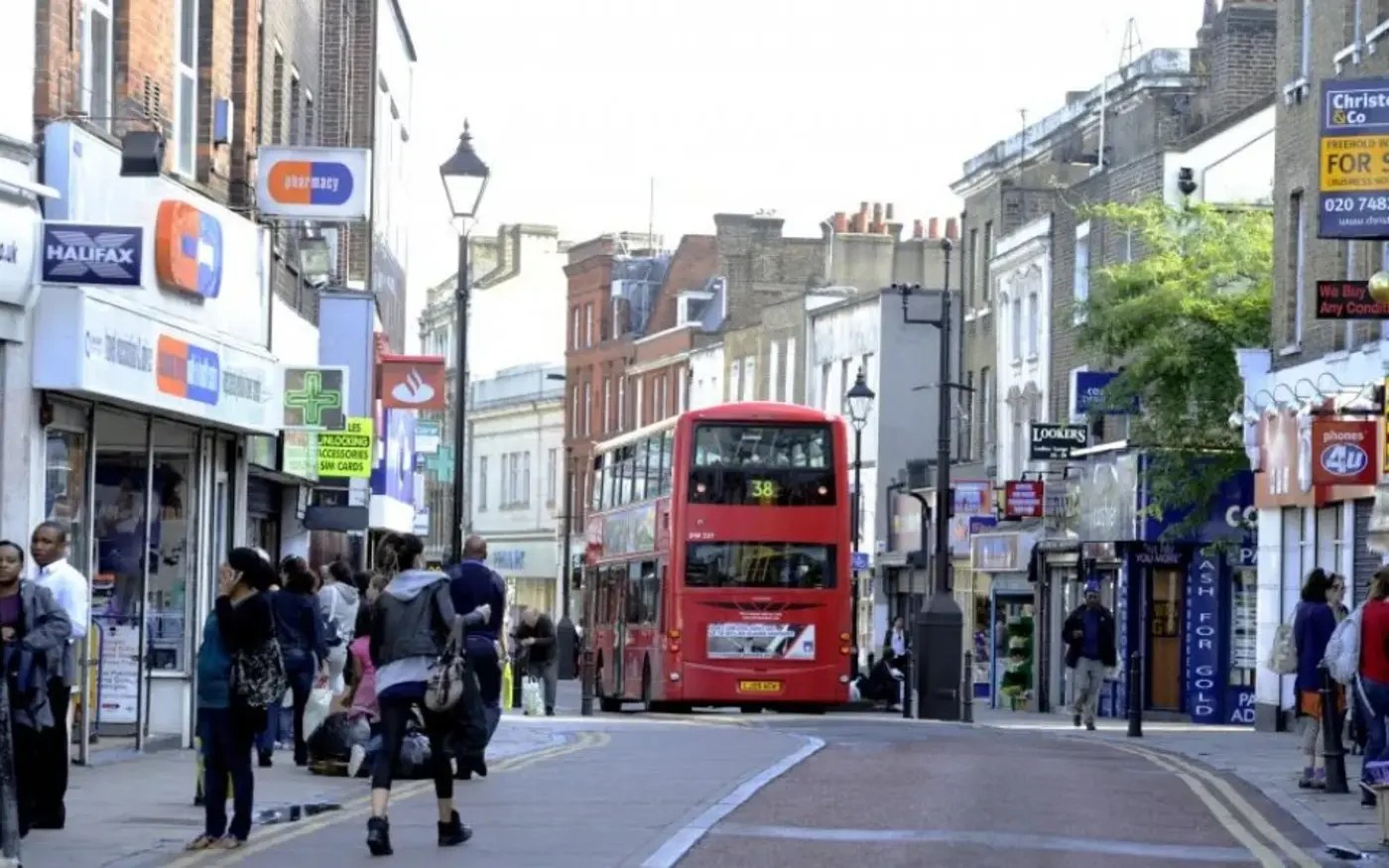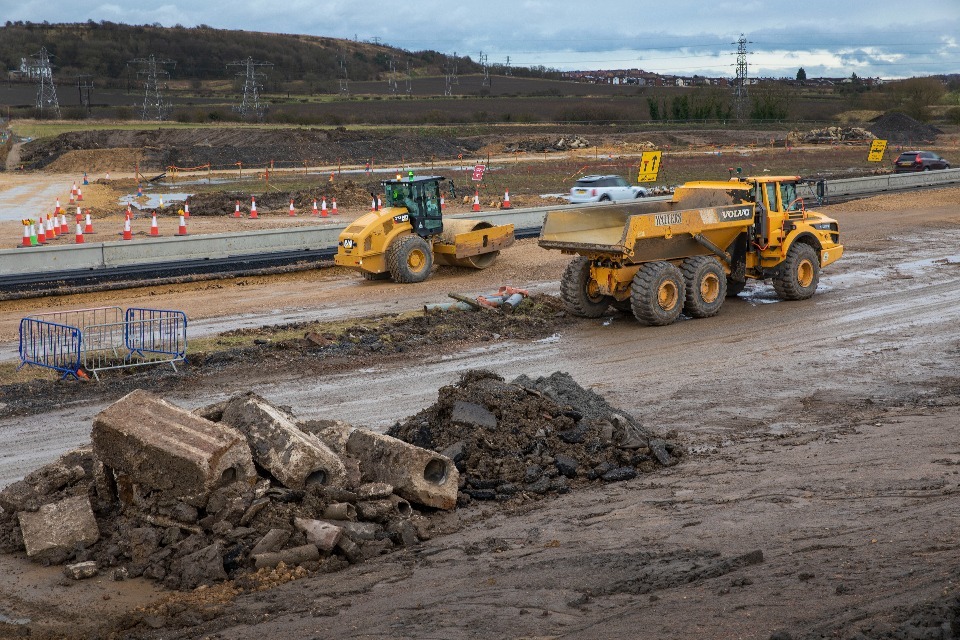Aviva and the UK Infrastructure Bank unveil £100m plan to help power London red buses’ electric shift

- by Admin
- April 8, 2024

A group of investors have unveiled £100m in funding to electrify hundreds of London’s buses as part of the sector’s push to decarbonise.
The UK Infrastructure Bank (UKIB) and HSBC, alongside rolling stock firm Rock Rail and the investment arm of Aviva, have partnered to finance up to 250 zero emission buses and associated infrastructure across the UK.
The lion share of Britain’s more than 30,000 buses operate using diesel fuel, but the industry is looking to transition to a fleet predominantly powered by electricity. Around 2,000 of the UK’s buses are currently electric.
The new partnership said it aimed to “crowd in” private capital in a bid to reduce reliance on public money for the shift.
A deal has already been signed to lease 60 battery-electric buses to the transport conglomerate the Go-Ahead Group, to be operated on routes throughout London.
John Flint, chief executive of the UK Infrastructure Bank, said: “The vast majority of the UK’s 36,500 buses are still diesel powered and so replacing these with a cleaner, greener alternative will be key in decarbonising the transport sector and achieving UK net zero targets. This will require a massive scale up of investment.”
UKIB is providing £50m of debt financing alongside further funding from HSBC UK to help fund the new London busses. The state-owned investment bank was set up in 2021 with the goal of bringing in private sector investment to help hit net-zero emissions targets.
Charlotte Jones, Aviva’s chief financial officer, said: “Aviva is investing across the UK to stimulate growth, help communities get ready for the future and support the transition to net zero. This investment will make it easier for transport authorities to decarbonise their networks whilst continuing to provide a valuable public service.”
In March, the government announced a £143 investment to roll out over a thousand zero-emission buses across England.
Anthony Browne MP, decarbonisation minister, said he would “continue to work closely with industry to provide passengers with modern and cleaner buses while growing the economy.”
A double-decker electric bus costs around £450,000, nearly double that of a traditional diesel counterpart.
The Latest News
-
December 22, 2024Donald Trump picks Apprentice producer to be the US special envoy to UK
-
December 22, 2024Daily horoscope: December 22, 2024 astrological predictions for your star sign
-
December 21, 2024UK flights and ferries cancelled owing to high winds as Christmas getaway begins
-
December 21, 2024Prince Andrew plans to move to UAE amid espionage allegations: Report
-
December 21, 2024Inside Britain’s saddest shopping centre: Town centre mall empty just DAYS before Christmas as depressed locals say ‘it’s a disgrace’





